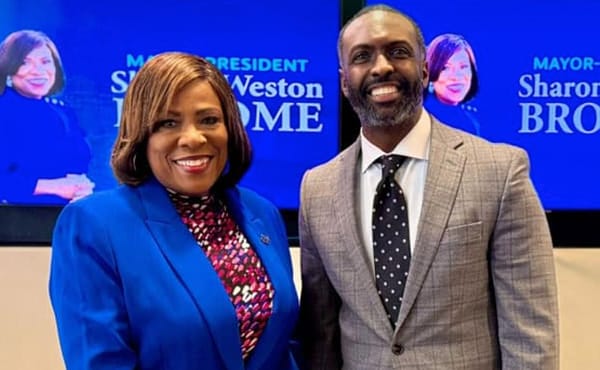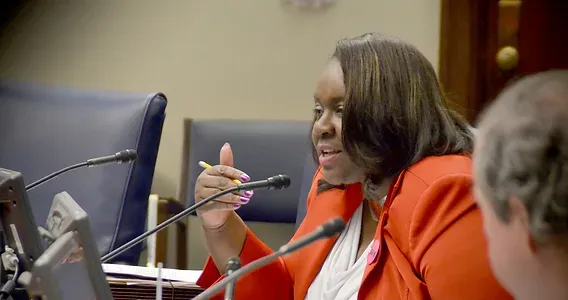Violent Crime in the U.S. Drops by 15% in Early 2024, FBI Reports
The FBI’s data aligns with other early 2024 reports, such as a 17% drop in murders from a survey of 68 major metropolitan police departments by the Major Cities Chiefs Association.

WASHINGTON – Violent crime in the United States decreased by 15% in the first quarter of 2024 compared to the same period last year, according to the FBI's Quarterly Uniform Crime Report released earlier this month.
Data from nearly 12,000 law enforcement agencies, representing about 77% of the U.S. population, showed significant declines in violent crime, including a 26.4% drop in murders, a 25.7% decrease in rapes, a 17.8% reduction in robberies, and a 12.5% fall in aggravated assaults. Property crime also decreased by 15.1%.
Despite these findings, public perception of rising crime remains high. A Gallup poll conducted late last year revealed that 63% of respondents viewed the crime problem in the U.S. as extremely or very serious, the highest percentage since the poll began in 2000.
Presumptive Republican presidential nominee Donald Trump and other GOP candidates have frequently cited rising crime rates in their campaigns. Trump recently called FBI crime data "fake numbers" and claimed that the statistics exclude the most violent cities, despite experts affirming the overall validity of the data.
President Joe Biden has also leveraged crime statistics for political purposes, highlighting a surge in murders during Trump's presidency without addressing contributing factors like the COVID-19 pandemic and social unrest.
The FBI’s data aligns with other early 2024 reports, such as a 17% drop in murders from a survey of 68 major metropolitan police departments by the Major Cities Chiefs Association.
While preliminary, the FBI’s figures provide a reliable, albeit broad, overview of crime trends. Criminologists caution that national trends may not reflect local variations, with some cities experiencing increases in crime.
"The national trend looks positive, but individual cities may have different experiences," said Charis Kubrin, a criminology professor at the University of California, Irvine.
The Council on Criminal Justice, a nonpartisan think tank, recently urged for more timely crime data to better inform public understanding and policy decisions.
"We need faster and more democratized crime data to craft effective policies," said John Roman, a senior fellow at the University of Chicago.





